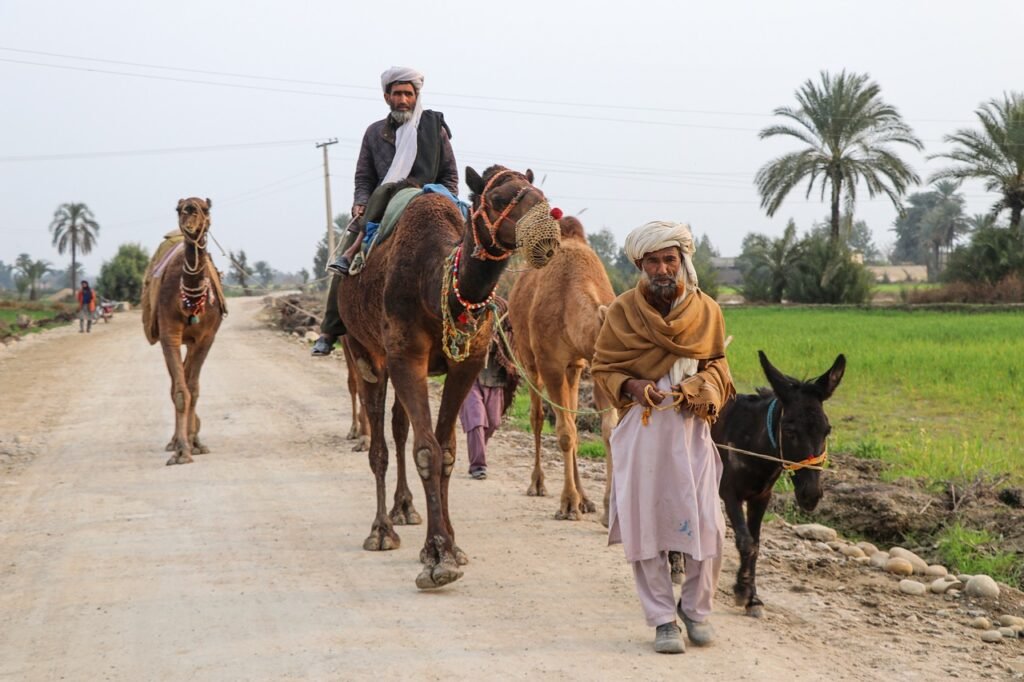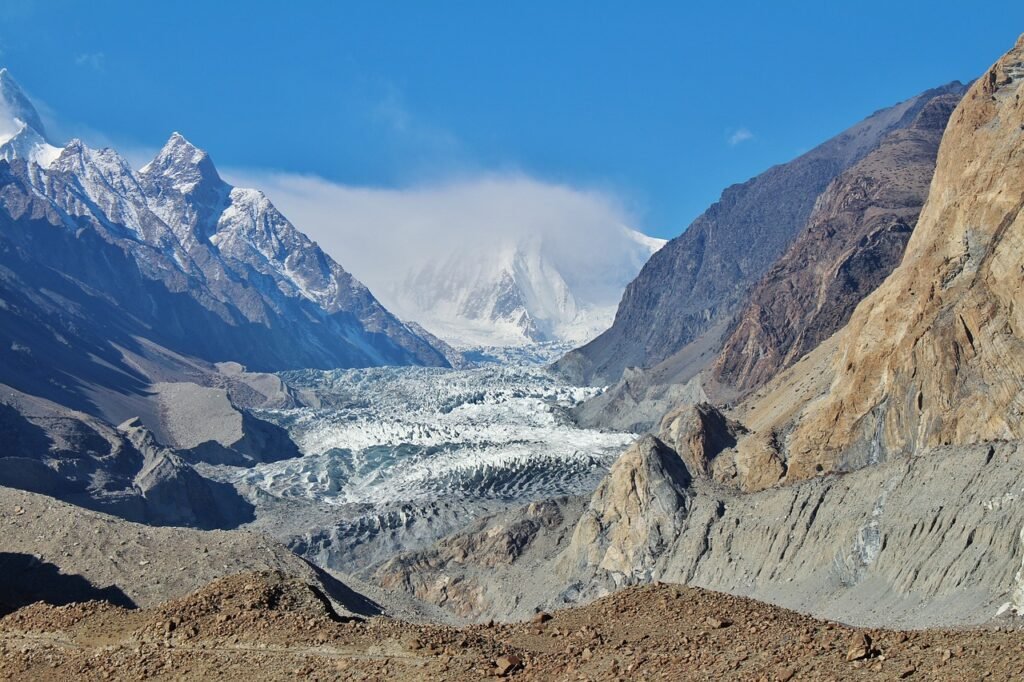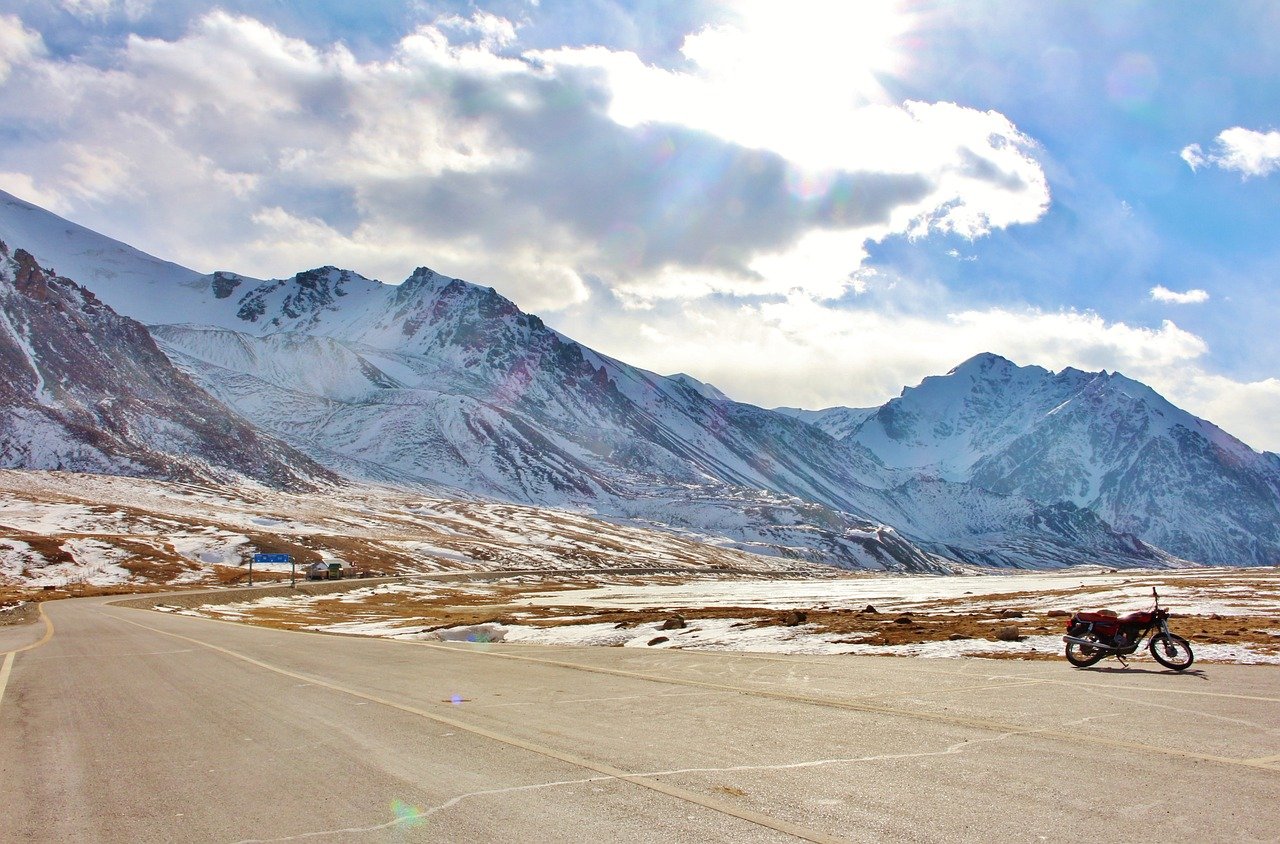There are a lot of things to think about before traveling to Pakistan, but things have been safer overall recently. The nation is known for its kind people, rich cultural history, and varied landscapes. While there are active travel advisories in some areas, most people think it’s safe to travel to popular tourist destinations like Lahore, Islamabad, and the northern territories like Gilgit-Baltistan and the Swat Valley.
There are strict security procedures in place, and the hotel industry complies with international norms.
To ensure a safe and enjoyable vacation to Pakistan, travelers should investigate travel regulations, follow local customs, heed travel advisories, and stay informed.

Introduction:
Pakistan is becoming a more popular tourist destination because of its varied scenery, extensive history, and kind people. But safety concerns have been voiced frequently. The purpose of this page is to give a thorough analysis of Pakistan’s safety status now, focusing on important details for prospective tourists.
- Security Measures:
- Travel Advisory:
- Popular Tourist Spots:
- Cultural Sensitivity:
- Transportation Safety:
- Northern Areas:
- Hospitality Industry Standards:
- Local Guidance:
- Health Precautions:
Security Measures:
In order to guarantee the protection of both citizens and tourists, Pakistan has put in place stringent security measures. Airports, popular tourist locations, and open areas are constantly under observation, and law enforcement organizations actively work to keep the public safe.
Travel Advisory:
It is imperative to review travel advisories issued by the relevant governments prior to making travel plans. Numerous nations frequently revise their travel advisories, offering detailed details about the state of safety in various parts of Pakistan.
Popular Tourist Spots:
Tourists are drawn to northern picturesque landscapes and historical monuments like Mohenjo-Daro, Badshahi Mosque, and Lahore Fort.
Frequent reports from travelers indicate a positive experience, and these locations are widely regarded as safe.
Cultural Sensitivity:
It is essential to comprehend and honor regional traditions and customs.
Pakistanis, renowned for their warmth and friendliness, usually make guests feel quite welcome. Considering cultural differences improves enjoyment and safety in general.
Transportation Safety:
Considering them safe, we recommend public transit options, including reliable bus routes and domestic aircraft.
However, we advise using authorized transportation services and exercising caution, especially in congested regions.
Northern Areas:
The stunning scenery of northern Pakistan, encompassing Hunza, Gilgit-Baltistan, and the Swat Valley, is well-known.
Although typically safe, travelers—especially those in isolated areas—should keep themselves updated about local conditions and weather-related issues.

Hospitality Industry Standards:
Hotels and resorts make sure that visitors have a safe and comfortable stay by following international hospitality standards. Choosing trustworthy lodging and reading reviews can ensure a good experience.
Local Guidance:
By facilitating a more seamless travel experience and offering insights into cultural quirks, hiring local guides can increase safety. Local tour leaders can provide insightful guidance because they are familiar with the area.
Health Precautions:
It is crucial to take appropriate health precautions, including getting immunized and drinking bottled water.
In case of an emergency, travelers should also have access to medical facilities.
Conclusion:
Millions of tourists visit Pakistan safely every year, despite certain obstacles. Travelers can enjoy a safe and memorable tour while exploring Pakistan’s beauty and culture by being knowledgeable, honoring local customs, and taking general measures.

